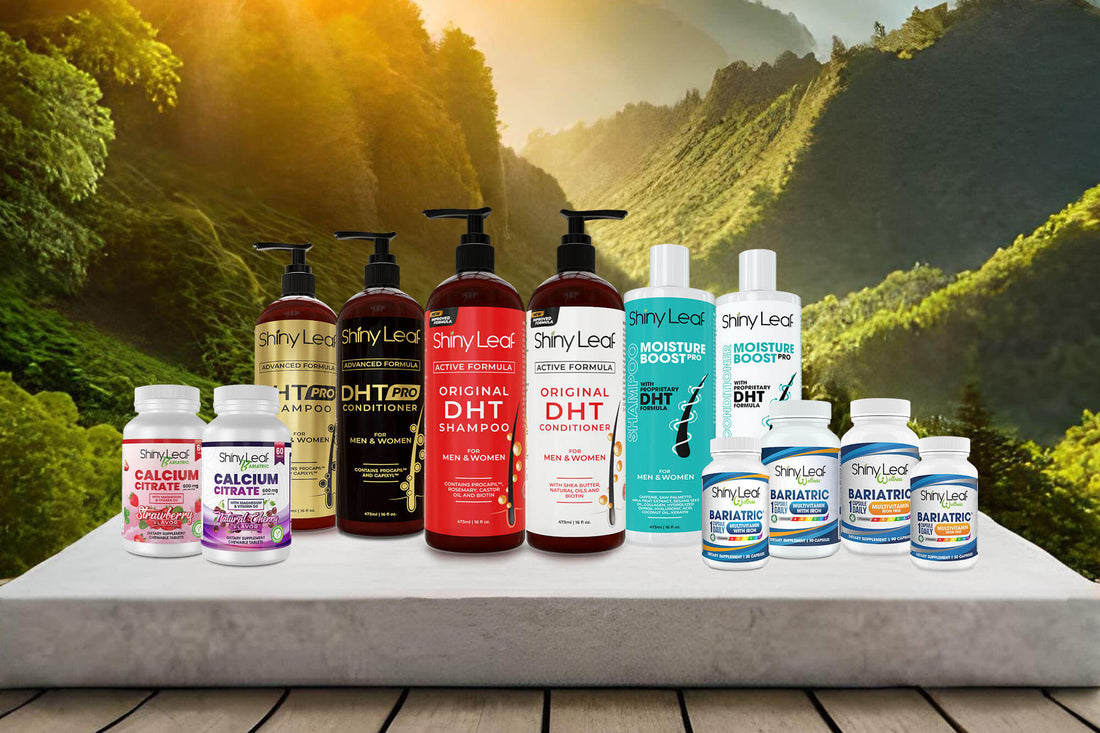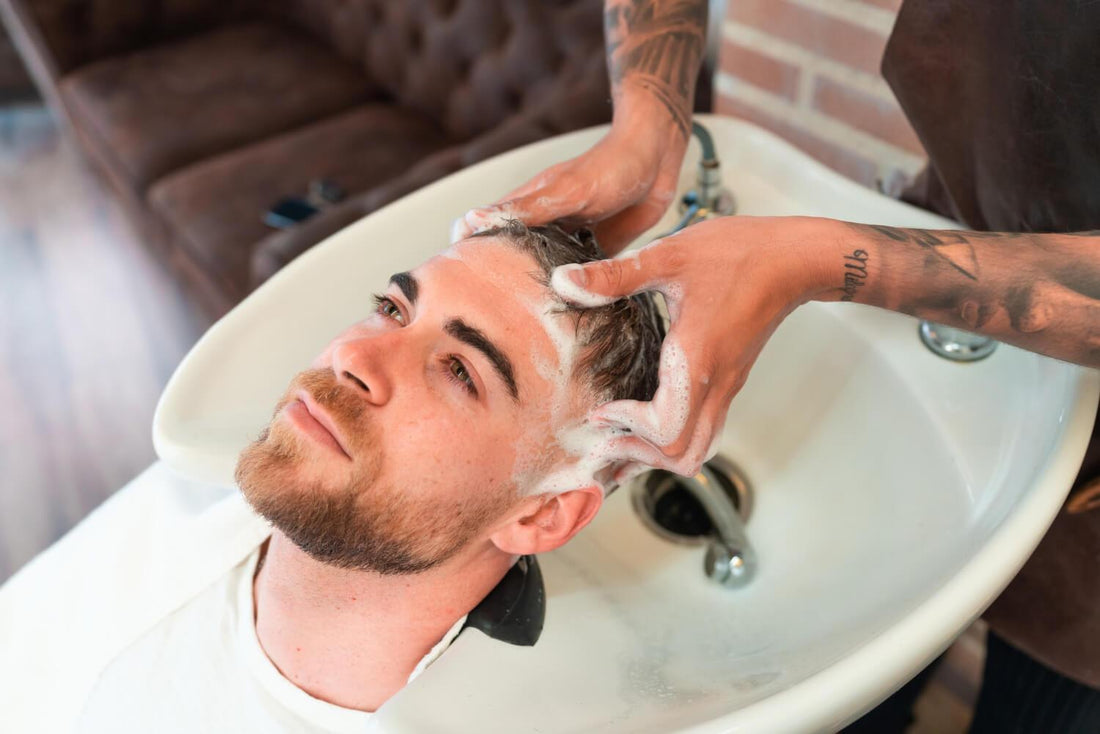Ah, the city! Full of energy and people hustling and bustling through the streets. You are most likely one of those energetic people breathing in the city air. But beware, city air is actually harmful to your skin.
Smog and soot from car emissions and smoke from factories are pollutants that make up the city air. These emissions are harmful to the environment as they contribute to ozone layer thinning. As the ozone layer thins, Earth’s protection depletes allowing harmful UV rays penetrate into the atmosphere.
The planet isn’t the only one suffering from the effects of pollution. Pollution is known to cause unpleasant long term effects on skin and health. Free radicals in pollution make your skin look aged and damaged. Read on to find out how pollution affects your complexion and skin care tips to fight free radical damage.

How Pollution Affects Your Skin
Pollution contains thousands of micro-particles that are a lot tinier than your pores. They can enter your body as you breathe in, through your mouth, and through your pores of course. These particles affect your skin negatively and form free radicals. Free radicals are unstable particles known to cause premature aging.
Pollution affects your skin’s protective barrier. It breaks down your skin’s basic building block called collagen. Particles from pollution are known to speed up the process of aging through oxidative stress. You gain fine lines and wrinkles due to pollutants affecting collagen production on your skin. Pollution strips skin of natural moisturizing oils as well. This makes your skin dry and dull.
These are just some of the many ways pollution affects your skin. Combine pollution with all-time high stressors of living in the city and awful skin care habits, and you have a recipe for bad skin. Keep exposing your skin to pollution and you can expect acne, rosacea, skin dryness, and uneven complexion. All the better reason to shield your skin from pollution!
Skin Care Tips to Fight Pollution
The keys to protecting your skin from pollution lie in three main things. These methods include cleansing, using antioxidant-rich products, and rebalancing your skin’s natural barrier. Here are tips on how to protect your skin from the dirt and grime caused by pollution.

Do the Double Cleanse Method
Your face attracts dirt, pollution, and grime from the air. Deep cleansing your pores is essential to remove all traces of dirt from your skin and makeup. Not removing your makeup at the end of the day is another way you increase your risk of getting acne and other skin issues.
Regularly cleanse your face at the end of the day before going to sleep. Use a separate cleanser to remove your makeup, such as micellar water or an oil cleanser. Doing this removes dirt, makeup, and excess oils from the surface of your skin. Follow up with a gentle foaming cleanser that fits your skin type. Cleansing the second time removes any impurities trapped in your pores.
Toner is Your Friend
Your skin has a natural acidic barrier that prevents bacteria and other contaminants from penetrating through. Pollutants disrupt this protective layer causing damage to your skin cells and clogging pores in the process.
Toners help remove traces of residue on your skin after cleansing. This product balances out pH levels and restores natural acidic barrier of your skin. They help tighten pores, preventing impurities from absorbing into your complexion. Look for products with an alcohol-free formula to prevent drying out your skin.

Exfoliate Your Skin
The skin naturally sheds dead skin cells to make way for new skin to surface. But when pollution is added into the equation, your skin has a harder time removing these dead cells. Dead skin cells build up and affect your skin’s natural renewal process. One of the best things you can do to get rid of these the buildup is to exfoliate.
Exfoliate your skin once or twice a week using gentle exfoliators. Doing this benefits your complexion in so many ways. Exfoliating unclogs your pores and removes dead skin cells on the surface. It also prevents pollutants, dirt, and bacteria from building up on your skin.
Look for liquid exfoliating products instead of physical exfoliators. You don’t want an abrasive product that damages healthy skin cells. Glycolic and lactic acids are some examples you should use.
Fight Free Radicals with Antioxidant-rich Products
Smoke, dust, and smog in the air contribute to free radical damage. These unstable molecules react and disrupt your healthy skin cells. These molecules break down your skin’s collagen fibers, resulting in fine lines, wrinkles, and sagging. Sometimes they appear as brown spots too.
Antioxidants neutralize free radical particles that come in contact with your skin. They help prevent and reverse the damage done to your skin. These compounds also help speed up cell turnover and protect your skin from stressors. Some examples of antioxidant ingredients include vitamin E, green tea, or ferulic acid.
Shiny Leaf Vitamin C Serum is a product that contains skin caring vitamins C, E, and A as well as hyaluronic acid. This serum helps replenish lost moisture to reveal a youthful and radiant glow. It helps make your skin look more even too.
Apply an antioxidant-rich serum twice in a day for extra protection. In the morning, apply the serum after cleansing. Follow up with a moisturizer and sunscreen with an SPF of at least 50. At the end of the day before going to bed, apply the serum after using toner on your skin. Apply a moisturizer or face oil afterward.

Don’t Forget to Moisturize
Your skin dries out easily when exposed to polluted air. Moisturizers create a protective barrier on your skin. This product helps regulate oil production and seal in moisture. It hydrates and protects your skin from dryness.
Look for a moisturizer that’s rich in antioxidants to lessen the effects of free radical particles. Some examples of natural ingredients include green tea and blueberry extracts.
Never Skip on Sunscreen
Harmful UVB and UVA rays may cause fine lines, wrinkles, and age spots to appear on your skin. Wearing sunscreen everyday shields your skin from the sun’s rays and pollutants in the air. It keeps free radical damage at bay.
Look for products with mineral-based ingredients since they don’t clog your pores. These ingredients are gentler, which makes them ideal for sensitive skin. Use sunscreen with an SPF of at least 50. Apply sunscreen on exposed areas of your body, such as your face, neck, and arms. Re-apply throughout the day.
Taking care of your skin ensures that you have protection from damaging pollution and benefits you in the long run. Follow these tips and be mindful of ways to protect your skin from harmful free radical damage.





